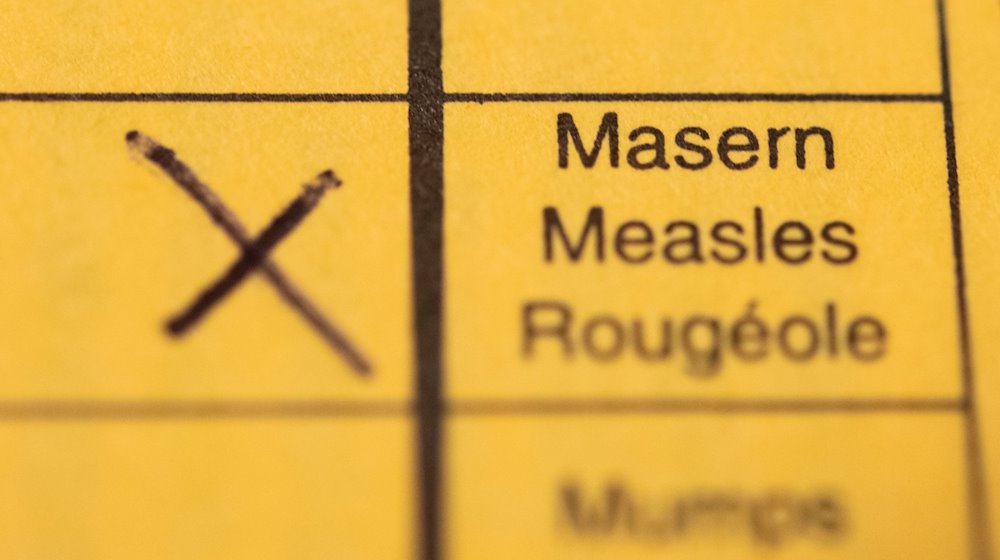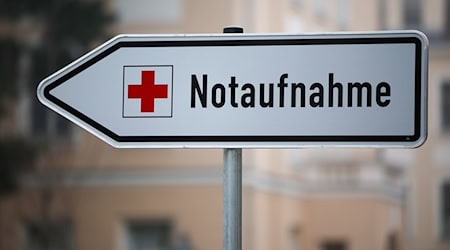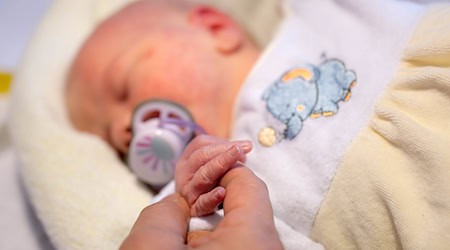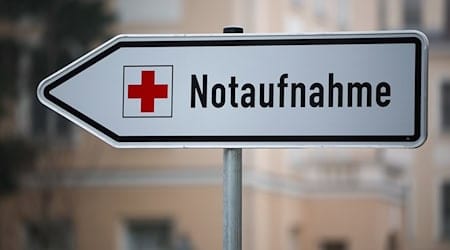In recent years, Saxony's authorities have imposed hundreds of fines on parents for failing to vaccinate schoolchildren against measles. When asked by dpa, the district of Central Saxony reported 185 fines in the past two school years, the district of Görlitz reported 314 fines imposed in 2023 and the city of Leipzig reported 184 administrative offense proceedings initiated in the same year. Since March 2020, children attending institutions such as kindergartens, after-school care centers or schools must be vaccinated against the highly contagious virus. There was a recent outbreak in Vogtland in which twelve children aged between a few months and 13 years fell ill. According to the public health department, they were not sufficiently vaccinated.
While kindergartens and after-school care centers can be banned from entering if children are not vaccinated, the situation is more complicated in schools. "Compulsory schooling is not the same as compulsory vaccination", explained the Ministry of Education on request. Unvaccinated children must therefore also be accepted by schools. However, the schools report this to the health authorities, which can then impose fines on the parents. These can amount to up to 2500 euros, but are usually lower. The Bautzen district office, for example, spoke of amounts between 50 and 200 euros for the more than 300 fines imposed last year, while the Pirna district office spoke of 250 euros (79 fines in 2023). "There is no compulsory attendance at daycare centers," says the ministry. "Therefore, the admission of children without a measles vaccination must be refused."
In such cases, the authorities issued numerous entry bans last year. There were 13 in the district of Bautzen and 39 in Dresden since the implementation of the Measles Protection Act, 26 of which were lifted again. The majority of these children had been vaccinated twice, but the parents had failed to provide proof despite repeated requests, explained the city administration. "The entry ban is currently still in place for 13 children." In Chemnitz, 50 nursery children without proof of immunity to measles were reported to the health authority last year. According to the city, the Leipzig health authority has no information on this.
The Standing Vaccination Commission recommends a double vaccination in combination of measles, mumps and rubella for all children. Babies and toddlers should receive the first vaccination at the age of 11 to 14 months and the second at 15 to 23 months. Adults are also recommended to receive a single vaccination if they were born after 1970 and their vaccination status is unclear or if they received no or only one vaccination in childhood.
With regard to the measles vaccination requirement for children in kindergarten, school and after-school care, the district of Zwickau offers advice sessions. However, only four percent of those required to provide proof took up the offer. According to district spokesperson Sebastian Brückner, the discussions often revolved around the safety of the vaccines, the possible amount of fines, the usefulness of the obligation to provide proof or the compatibility of the vaccination with one's own beliefs. The reactions ranged from resignation to aggression. "As a rule, however, our subjective impression is that there is little understanding for the obligation to provide proof." In the district of Zwickau, 254 proceedings were initiated last year because the relevant evidence was not submitted or not submitted on time. This is then prosecuted as an administrative offense.
In the Vogtland district itself, where a major measles outbreak was recently reported, children without proof of vaccination are not admitted to nurseries, according to the district office in Plauen. However, unlike other districts, the health authority has not yet imposed any fines on schoolchildren. The district office has not yet given a precise reason for this practice when asked.
Although there are still parents who are reluctant to vaccinate their children against measles, the Ministry of Health believes that the vaccination rate has "developed positively". This is based on data from the school entry examinations. While there have been declines in other vaccinations such as polio, tetanus and whooping cough, the rate for measles has risen since 2019. Accordingly, the rate for the first vaccination was most recently 99.2 percent and 95.6 percent for the second vaccination. Evaluations of four-year-olds in daycare centers and sixth-graders in schools showed a similar trend.
The Ministry of Health summarized that the overall low number of cases and the circumstances of the most recent outbreak in Vogtland, which only affected unvaccinated children from two families, prove the effectiveness of the Measles Protection Act in preventing chains of infection.
Copyright 2024, dpa (www.dpa.de). All rights reserved










